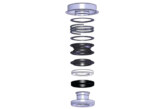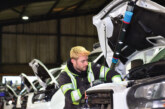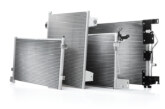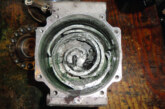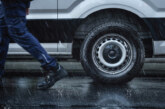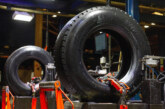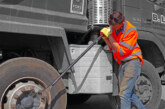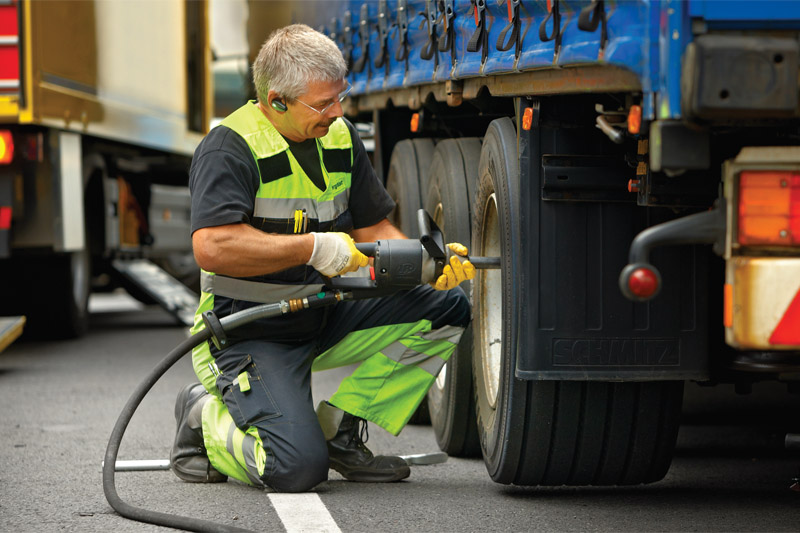
CVW sits down with Tony Stapleton, Head of Fleet Sales for Continental Group UK & Ireland, to discuss the issues surrounding wheel security and the practices technicians need to carry out to reduce breakdowns and maintain road safety.
Q. Why is wheel security such an important issue?
Tony Stapleton (TS): By far the greatest and most important reason for wheel security checks is road safety. Every year in the UK, around 9,250 wheel fixing defects are reported, of which 275 are complete wheel detachments. These defects seriously affect about 100 people a year through damages, injuries and even death. Wheel security not only ensures the safety of the driver, but also the safety of road users around them.
There are no legal requirements or universal guidelines relating to wheel security. However, in light of these safety issues, Continental believes it is strongly advisable that fleet operators implement their own procedures to ensure that they are running a safe fleet. Serious consequences may lead to a fleet operator losing their operating licence.
Q. What are the main causes and indications of wheel security issues?
TS: Corrosion and pitting of mating surfaces are the main causes of wheel security issues, and can occur on the wheel hub, studs, nuts or washers. Corrosion is more commonly found on wheels that must be removed to change tyres, and twin wheel applications, as this exposes the component parts to foreign bodies and moisture. If, after cleaning the wheel, there are still any signs of heavy corrosion or pitting, it should not be re-fitted. It is best practice to report it and remove it from service.
Wheel nut indicators are useful indications of wheel security issues. All pointers should align with each other – if not, this is a sign that the wheel nut has loosened.
Q. How should fleet operators check for wheel security issues?
TS: We would recommend that fleets introduce a maintenance regime within their check processes, which should be carried out every two years. Components parts, studs, mating surfaces and hubs should be checked for damage, corrosion and signs of pitting.
Fleet operators that run twin fitment trailers should be particularly aware of wheel security issues. Continental has found that around 70% of reported issues involve these kinds of trailers. Similarly, vehicles and trailers with smaller wheels, such as 17.5”, will be more susceptible to damage and corrosion. We would recommend, wherever possible, the fitment of single wheel solutions, for example 445/45R19.5 in place of traditional twin fitments of 215/75R17.5 or alternative 19.5” twins. Single fitments will also offer more cost-effective replacement operational costs and accommodate the further development of digital connected solutions for TPMS/temperature and automated tread depth monitoring.
Any signs of damage or wheel deterioration, no matter how small, should be reported to the maintenance supervisor. If there is any doubt about a wheel’s condition, a fleet manager or qualified tyre technician should be contacted. It is always better to act on the problem straight away and prevent a potential accident from happening later.

